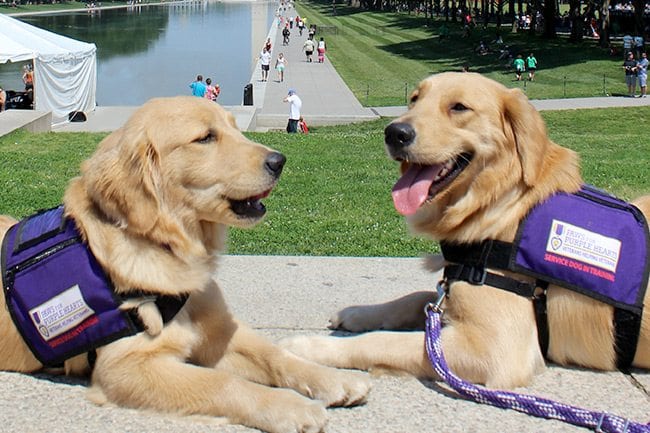Get a Service Dog
Build a true partnership to improve quality of life
Service Dog Application Process Temporarily Closed
(Check Back For Updates)
Thank you for your interest in a Paws for Purple Hearts service dog. At this time, we have received an overwhelming number of requests for service dogs and this is resulting in increased wait times. Therefore, we have made the difficult decision to temporarily close the service dog application process. Please continue to check back for updates and in the meantime, visit AssistanceDogsInternational.org to find a program near you actively accepting applications.
A quick note about Service Dogs...
There are many kinds of service dogs who serve different types of patients and conditions. PPH provides service dogs specially-trained for people with physical disabilities, post-traumatic stress, traumatic brain injury, military sexual trauma, and other trauma-related conditions.
Service dogs are trained for those with physical disabilities benefit from help with tasks such as:
- Retrieving items
- Pushing buttons for elevators and doors
- Opening and closing doors
- Turning on or off light switches


SERVICE DOGS
We place service dogs with Service Members and Veterans facing challenges such as:
– Mobility issues. Our dogs can help with tasks such as: retrieving items, pushing buttons for elevators and doors, turning lights on/off, plus many more.
– Diagnosed trauma-related conditions (PTSD or TBI). Our dogs help by performing a variety of tasks specifically designed to reduce symptom severity.
Through our thorough application process, our qualified staff determines if a PPH service dog will be a fit for your specific needs.
FACILITY DOGS
We place facility dogs with facility managers who work in care facilities that serve Service Members, Veterans, and/or military families. They are also placed with counselors, psychologists, psychiatrists, occupational therapists (and other specialists) who serve Service Members and/or Veterans and wish to integrate a dog into their clients’ treatment plans. Facility dogs provide invaluable benefits to the populations they serve, but they do not meet the legal definition of a service dog and do not have public access rights outside of their assigned facility. Facilities must serve at least 50% of military-connected individuals.
Paws for Purple Hearts is the first program of its kind to offer therapeutic intervention for Veterans and active-duty military.
Under the guidance of PPH instructors, Service Members engage with specially-bred Golden Retriever and Labrador puppies.
PTSD patient-trainers must overcome their emotional and affective numbness in order to heighten their tone of voice, bodily movements.
Donation Dollars at Work

With just $19/month gift you will ensure a future service dog has all of its vaccinations, training equipment, and of course toys to get started in their life altering education.
Your gift of any amount will be a tremendous help to our Service Dogs in Training. It costs $52/month in dog food alone for just one dog.


Paws for Purple Hearts Dogs are trained to the most exacting certification because our Veterans deserve the best, and thanks to you, they will never have to pay for any of our services. It costs more than $35,000 to raise just one dog to this high standard.



 Combined Federal Campaign (CFC) #43093
Combined Federal Campaign (CFC) #43093